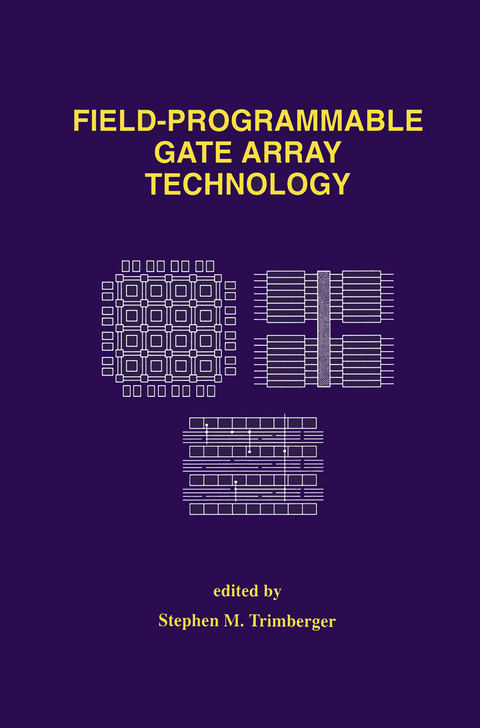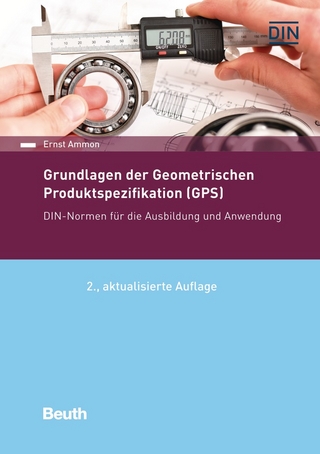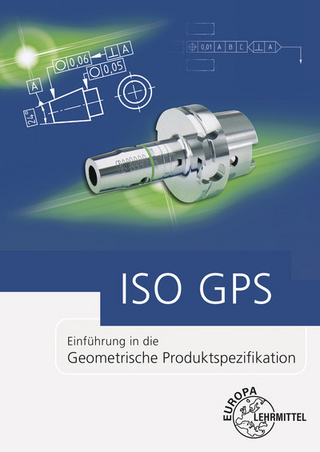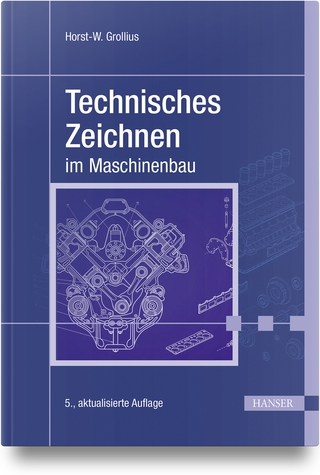
Field-Programmable Gate Array Technology
Springer-Verlag New York Inc.
978-1-4613-6183-1 (ISBN)
Field-Programmable Gate Array Technology includes discussions of FPGA integrated circuit manufacturing, circuit design and logic design. It describes the way logic and interconnect are implemented in various kinds of FPGAs. It covers particular problems with design for FPGAs and future possibilities for new architectures and software. This book compares CAD for FPGAs with CAD for traditional gate arrays. It describes algorithms for placement, routing and optimization of FPGAs.
Field-Programmable Gate Array Technology describes all aspects of FPGA design and development. For this reason, it covers a significant amount of material. Each section is clearly explained to readers who are assumed to have general technical expertise in digital design and design tools. Potential developers of FPGAs will benefit primarily from the FPGA architecture and software discussion. Electronics systems designers and ASIC users will find a background to different types of FPGAs and applications of their use.
1. Introduction.- 1.1. Logic Implementation Options.- 1.2. What is an FPGA?.- 1.3. Advantages of FPGAs.- 1.4. Disadvantages of FPGAs.- 1.5. Technology Trends.- 1.6. Designing for FPGAs.- 1.7. Outline of Subsequent Chapters.- 1.8. References.- 2. SRAM Programmable FPGAs.- 2.1. Introduction.- 2.2. Programming Technology.- 2.3. Device Architecture.- 2.4. Software.- 2.5. The Future.- 2.6. Design Applications.- 2.7. Acknowledgments.- 2.8. References.- 3. Antifuse Programmed FPGAs.- 3.1 Introduction.- 3.2 Programming Technology.- 3.3 Device Architecture.- 3.4 Software.- 3.5 The Future.- 3.6 Design Applications.- 3.7 Acknowledgments.- 3.8 References.- 4. Erasable Programmable Logic Devices.- 4.1. Introduction.- 4.2. Programming Technology.- 4.3. Device Architecture.- 4.4. Software.- 4.5. The Future.- 4.6. Design Applications.
| Erscheint lt. Verlag | 22.12.2012 |
|---|---|
| Zusatzinfo | XV, 258 p. |
| Verlagsort | New York, NY |
| Sprache | englisch |
| Maße | 155 x 235 mm |
| Themenwelt | Informatik ► Weitere Themen ► CAD-Programme |
| Technik ► Elektrotechnik / Energietechnik | |
| ISBN-10 | 1-4613-6183-4 / 1461361834 |
| ISBN-13 | 978-1-4613-6183-1 / 9781461361831 |
| Zustand | Neuware |
| Haben Sie eine Frage zum Produkt? |
aus dem Bereich


